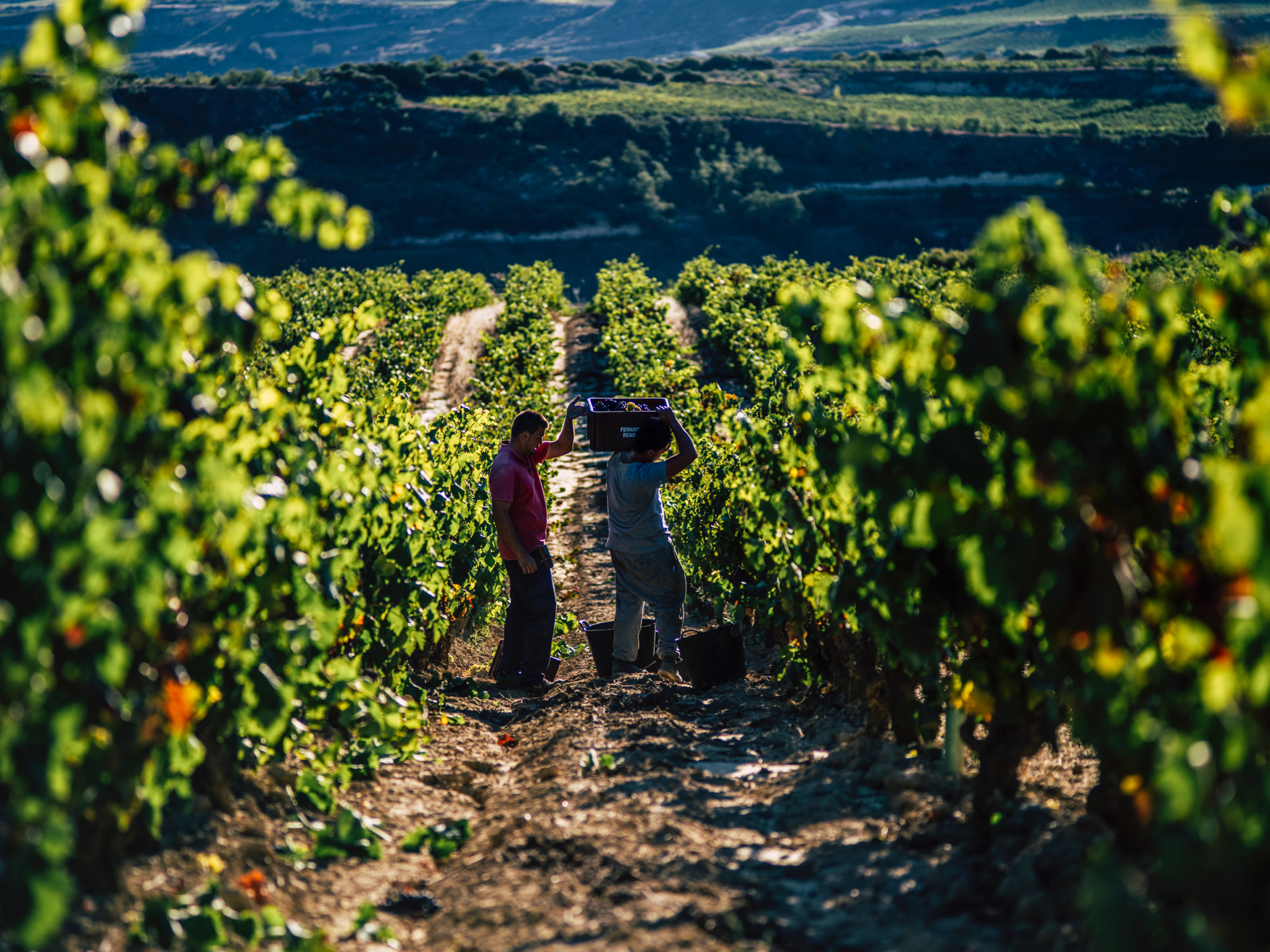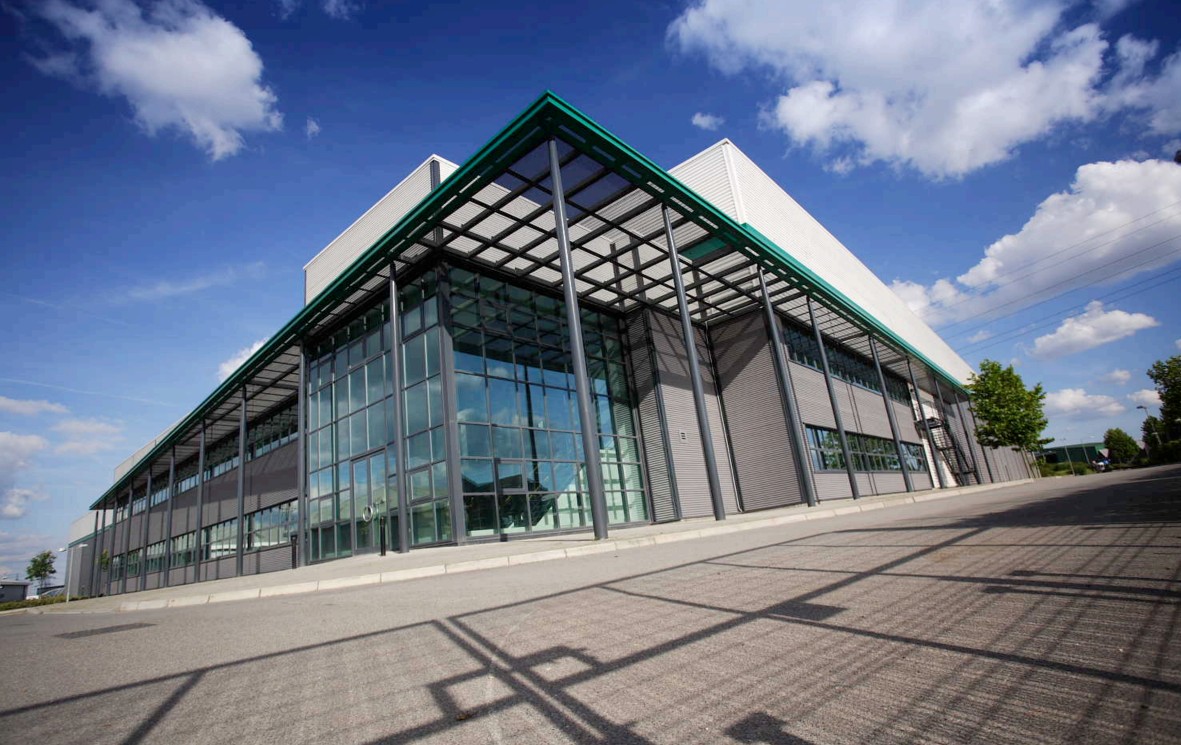It’s high noon for Vijay Mallya
Tomorrow (2 July), counsel for the fugitive former head of United Spirits will make a final plea to the High Court in London to overturn his extradition to India, where he faces charges of fraud and money laundering.
If their brief oral arguments fail, Mallya will have exhausted the legal process in the United Kingdom and could be extradited to India within days.
He could try to further delay execution of the warrant by seeking to appeal to the European Court of Justice that extradition would infringe his human rights. He might claim that the charges against him are politically motivated or that that his medical needs might not be met in an Indian jail while awaiting trial. Observers consider such a tactic unlikely to succeed.
The Indian authorities have given extensive publicity to improvements made to Mumbai’s Arthur Road jail where Mallya, a diabetic, is scheduled to be held. They are confident they meet international standards. In addition, as part of the initial extradition hearing Westminster Magistrates demanded video evidence of the facilities and were satisfied by them.
Mallya fled to the UK in March 2016 on the eve being arrested. He has consistently argued since that the charges he faces are “wild, baseless and deliberately fabricated”.
He believes that the government of Narendra Modi is seeking to make him a scapegoat in its campaign against “crony capitalism and corruption” because of his flamboyant lifestyle and prominence as an entrepreneur. Mallya once gave himself the title “King of the good times”.
The former head of both United Spirits (USL) and United Breweries (UB) has been declared a “fugitive economic offender”, a “wilful defaulter” and “proclaimed offender” in his absence and has also been found in contempt of India’s Supreme Court, which is awaiting his return to before sentencing him.
In addition, many of his assets including mansions, aircraft and shareholdings have been confiscated and forcibly sold. He has lost all the sporting interests on which he spent a fortune.
The charges against him arise from on his ill-starred Kingfisher Airlines venture, which he launched in 2005 as an Asian version of Ryanair in Europe and South West in the United States. The dream was to provide cheap air travel to the masses.
But after incurring the inevitable heavy launch costs Kingfisher flew directly into the violent turbulence of the 2008 global financial crisis. It never made a profit and collapsed into bankruptcy in 2012 with aircraft impounded and staff unpaid.
Creditor banks claim that with interest Mallya owes them £1.15bn. He disputes this figure and has offered to settle. Meanwhile, Indian courts have sequestered assets that would meet Mallya’s alleged debts and imposed an international freeze on his bank accounts and other assets.
This was upheld is separate court hearings in London, which granted Mallya £18,350 a week to support his lifestyle.
The charges against Mallya are not that he lost a huge sum of money as a business collapsed but that the loans he raised seemingly to bolster it were plundered for his personal benefit. He counters this by saying that Kingfisher’s collapse was a genuine business failure and that had he been allowed to “trade through” the crisis the airline would have survived and his creditors repaid in full.
Partner Content
With detailed dossier containing a “complete money trail”, India’s Central Bureau of Investigation and the separate Enforcement Directorate convinced Westminster Magistrates to issue an extradition order last December. This was upheld by Home Secretary Sajid Javed in February.
The Indian agencies alleged that sums borrowed from a consortium of banks were diverted to shell companies in various countries including, Britain, Ireland and Switzerland.
The dossier alleged that Mallya used these offshoots to launder money through understating losses, false invoicing and other unauthorised diversion of funds. There are also claims that he indulged in corporate espionage and sought to corrupt bank officials and civil servants into authorising the loans by providing upgraded travel and lavish hospitality.
It is even alleged that Mallya’s present UK home, in Lady Walk, Tewin, Hertforshire, was bought using plundered funds. Separately a recent bankruptcy hearing in London gave him until April 2020 to repay Swiss bank UBS £20.4m owed on a mortgage raised on his other UK home, a luxurious house in Regent’s Park in London.
In addition, the dossier alleged that considerable sums were diverted to Mallya’s Sahara Force India F1 team of which Mallya, which collapsed into administration in 2018.
A far from disinterested observer of the court proceedings will be Diageo, which now holds a 55% stake in United Spirits. The British drinks giant alleges that under Mallya’s chairmanship “improper transactions” took place between 2010 and 2014 at USL and it is seeking restitution through the Indian courts.
In addition, Diageo has won a London court order requiring Mallya to repay $135m the UK drinks giant was forced to pay as a guarantee by USL to loans on which Mallya defaulted.
In February 2016, Diageo agreed to pay Mallya $75m (£53m) in stages in return for him severing all connections with USL, where he was non-executive chairman. A first tranche of £28m was paid early the next month, where upon Mallya fled to the UK.
Part of the case against him was that this money was diverted via trust funds to his three children (who are US citizens) rather than being used to offset some of his debts.
Subsequently, Diageo said that Mallya had broken the terms of the deal and is seeking repayment of the initial £28m.




